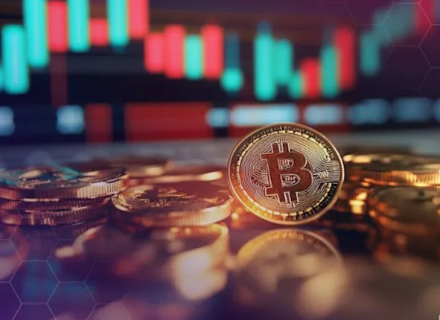El Salvador paves way for Nayib Bukele’s indefinite re-election, fueling Bitcoin nation’s ambition
El Salvador’s legislature has approved major constitutional reforms that will significantly reshape the country’s political structure and electoral timelines.
The new bill, passed on July 31 by 57 lawmakers, enables indefinite presidential re-election, extends the length of presidential terms from five to six years, and removes the need for second-round runoffs in elections.
Crucially, the changes also bring forward the end of President Nayib Bukele’s current term from June 2029 to June 2027. This alignment of presidential and legislative elections means Bukele could now seek another term two years earlier than previously scheduled.
Proponents of the reforms say the moves will enhance institutional stability, reduce election costs, and attract more foreign investment by providing political continuity. They also claimed the overhaul is designed to “stabilize electoral periods” and reduce what they described as a constant state of political campaigning.
Notably, these amendments come just one year after Bukele secured a second term, despite constitutional provisions that had previously barred immediate re-election.
What does this mean for Bitcoin?
President Bukele has positioned El Salvador as a bold experiment in crypto-driven governance. In 2021, the country made history by adopting Bitcoin as legal tender, which drew international praise and skepticism.
Since then, the government has built up a strategic Bitcoin reserve and enabled the use of the crypto for daily transactions, tax payments, and public services.
Considering this, Stacy Herbert, who leads the government’s Bitcoin Office, said the electoral reform would allow the country to continue its current economic trajectory.
According to her:
“The days of chaos, violence, and despair are gone for good. El Salvador will remain on the path to greatness.”
Meanwhile, Max Keiser, a senior advisor on Bitcoin policy, offered a more radical take on the reforms, saying El Salvador would become the Singapore of Central America under Bukele.
He stated:
“El Salvador’s governance model follows Bitcoin. It’s not a ‘Democracy,’ it’s Bitcoin Country. It’s a STARTUP NATION — and as I told The New Yorker 3 yrs ago, Bukele is a cross between JFK & Steve Jobs.”
The post El Salvador paves way for Nayib Bukele’s indefinite re-election, fueling Bitcoin nation’s ambition appeared first on CryptoSlate.
Disclaimer: The content of this article solely reflects the author's opinion and does not represent the platform in any capacity. This article is not intended to serve as a reference for making investment decisions.
You may also like
Mars Morning News | SEC Expected to Issue "Innovation Exemptions" for the Crypto Industry in "About a Month"
The SEC is expected to issue an innovation exemption for the crypto industry. The UK "Digital Assets and Other Property Act" has come into effect. BlackRock's CEO revealed that sovereign wealth funds are buying bitcoin. Bank of America recommends clients allocate to crypto assets. Bitcoin selling pressure is nearing its end. Summary generated by Mars AI. The accuracy and completeness of this summary are still being improved as the Mars AI model continues to iterate.

a16z: Inefficient governance and dormant tokens pose a more severe quantum threat to BTC.
Deep Reflection: I Wasted Eight Years in the Crypto Industry
In recent days, an article titled "I Wasted Eight Years in the Crypto Industry" has garnered over a million views and widespread resonance on Twitter, directly addressing the gambling nature and nihilistic tendencies of cryptocurrencies. ChainCatcher now translates this article for further discussion and exchange.

